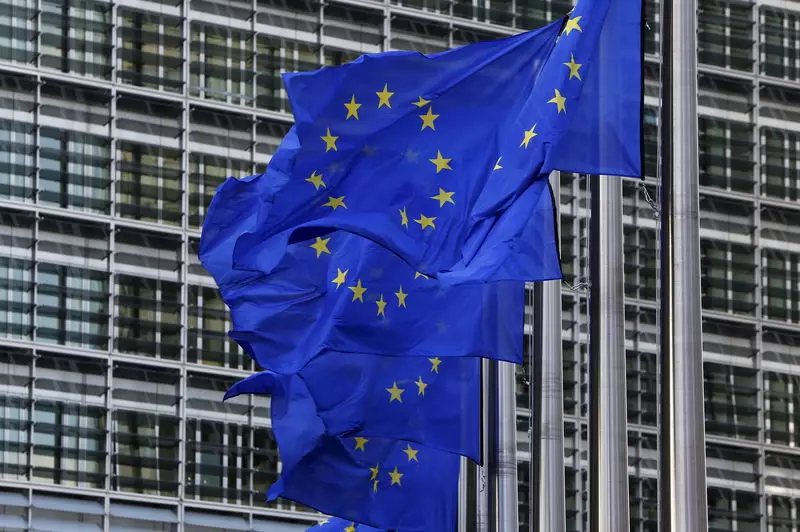The recent restructuring of the European Union fiscal framework, which was put into effect on April 30, has raised concerns among analysts at Bank of America Securities. They argue that the new rules could potentially constrain the budgets of many EU member states, making it difficult for them to make critical investments. This move is seen as an attempt to encourage governments to limit expenditures and reduce debt levels.
The European Central Bank has also sounded the alarm on the potential impacts of high debt levels on the ability of European countries to handle shocks from geopolitical tensions or rising interest rates. The ECB warned that this vulnerability could lead to “negative financial stability effects” and cause concern among investors, especially with upcoming elections across the EU.
Implications for National Fiscal Policy
The BofA analysts highlighted that the reformed fiscal framework of the EU may limit the ability of national fiscal policies to make critical investments in areas such as green energy, defense, and digitalization. As a result, the investment gap in these strategic areas is expected to remain at the EU-wide level. This could create an opportunity for more European intervention in filling this gap, but the analysts noted that the political barriers are significant.
In light of these developments, the BofA analysts suggested that “more Europe” should step in to address the investment gap left by the constrained national budgets. They emphasized the importance of finding solutions to bridge this gap, especially considering the potential impact of external geopolitical events like U.S. elections. However, the analysts acknowledged the challenges in achieving greater European involvement in critical investments.
The revamped European Union fiscal framework presents challenges for member states in making critical investments in key areas. The constraints on national budgets could limit the ability to address strategic priorities, raising concerns about the long-term economic stability of the region. As the EU navigates through these changes, finding a balance between fiscal discipline and critical investments will be crucial for the future growth and resilience of the European economy.

